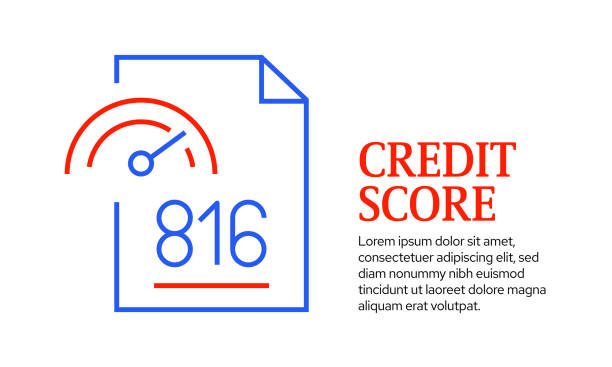
The installment loan, with its promise of predictable payments and a clear end date, presents itself as a responsible tool for managing large expenses...
Read More
The question of whether paying off an installment loan early can hurt your credit score is a common and understandable concern. Many consumers have he...
Read More
The rise of Buy Now, Pay Later (BNPL) services has revolutionized point-of-sale financing, offering a tempting alternative to traditional credit. Whil...
Read More
The concept of a diverse credit mix, often touted as a pillar of a strong credit score, presents a complex paradox for individuals navigating the trea...
Read More
The crisis of overextended personal debt is deeply intertwined with a pervasive and often overlooked contributing factor: widespread financial illiter...
Read More
The relationship between overextended personal debt and a medical crisis represents one of the most devastating and morally fraught intersections in m...
Read MorePrevention avoids the severe financial costs of high interest, the damage to your credit score, and the significant stress and anxiety that accompany a debt crisis, allowing you to build wealth instead.
Overextended personal debt is a financial state where an individual's debt obligations have become unsustainable, meaning their income is insufficient to comfortably cover minimum payments, living expenses, and savings, often leading to financial stress and risk of default.
Each formal application triggers a hard inquiry, which temporarily lowers your credit score. Multiple applications in a short time signal high risk to lenders and can further damage your score, reducing approval chances.
Most negative information, including late payments, charge-offs, and collections, remains on your credit report for seven years from the date of the first delinquency. Chapter 7 bankruptcy remains for 10 years from the filing date.
Yes, you can contact your creditors directly. However, non-profit credit counseling agencies can often negotiate on your behalf, sometimes securing better terms through structured Debt Management Plans (DMPs).